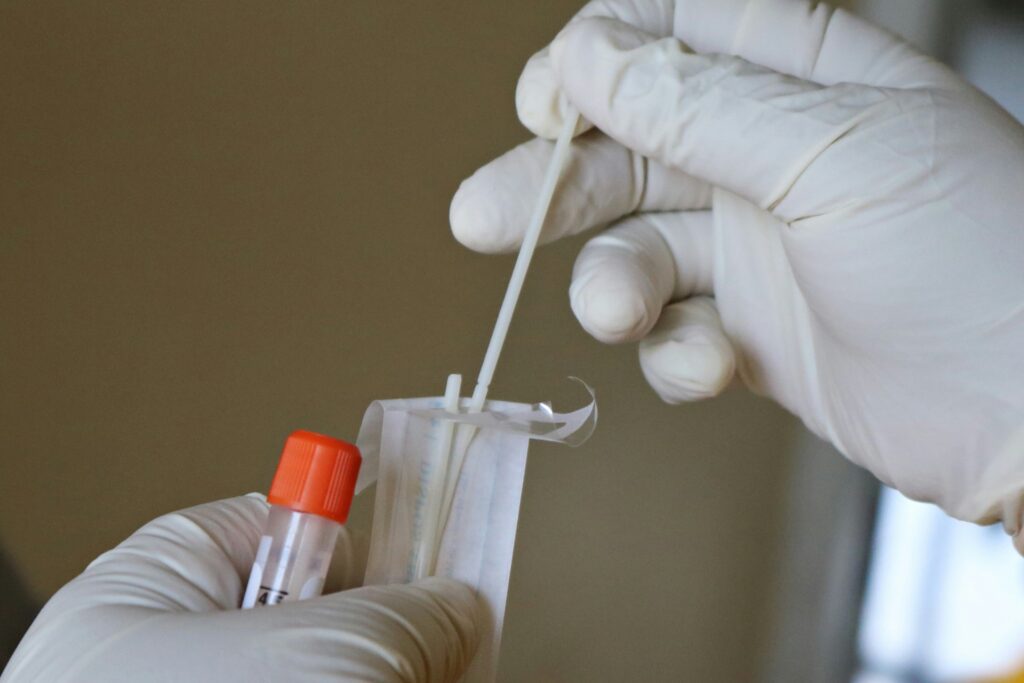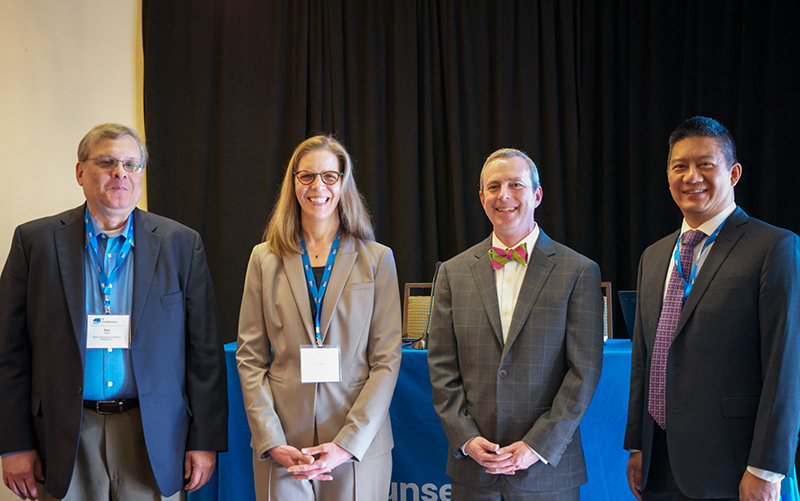The World Trade Organization (WTO) 13th Ministerial concluded on Friday, March 1, without an agreement to expand the COVID-19 intellectual property waiver to therapeutics and diagnostics.
“We are encouraged that WTO Members did not agree to extend an intellectual property waiver to COVID-19 therapeutics at the WTO 13th Ministerial Conference in Abu Dhabi,” said John Murphy, Chief Policy Officer at the Biotechnology Innovation Organization (BIO).
A short history of the COVID IP waiver
In 2022, the WTO agreed to “a waiver of certain requirements concerning compulsory licensing for COVID-19 vaccines.” The United States government supported the waiver.
However, the waiver was never used—and not even needed.
“In 2021 alone, companies produced more than 11 billion doses of COVID vaccines, enough to give two shots to every adult on the planet,” said BIO. “We anticipate that number jumping to 18.6 billion by the end of this year.”
“A total of 632 million doses of COVID-19 vaccines have been delivered in the African Region, including 64% from the COVAX Facility,” noted the World Health Organization (WHO) in 2022. “This represents 56 doses per 100 population and accounts for 40% of the doses needed to reach 70% of people fully vaccinated in all countries.”
The WTO later proposed expanding the waiver to cover diagnostics and therapeutics, though the U.S. government did not indicate a formal position on the expansion ahead of the February Ministerial.
Why IP waivers set a harmful precedent
BIO opposed the IP waiver for COVID vaccine technology, as well as the proposal to expand it to therapeutics and diagnostics.
“IP is the backbone of innovation in our industry, enabling scientists and researchers to usher in lifesaving and life-enhancing treatments and products to patients. This was especially true during the COVID-19 pandemic, where IP protections helped companies bring novel vaccines and therapies to market in record time,” said Murphy following the WTO Ministerial.
“Strong IP protections are especially critical for small and medium-sized biotech firms. These companies rely on capital funds to drive cutting-edge research to address some of the greatest challenges of our time, including food security, climate change, and future pandemics.”
“BIO has consistently advocated against efforts from the global community to leverage agendas at multilateral organizations to weaken the global IP framework. As we have warned, doing so would significantly undermine the ability for our companies to raise necessary funds and continue pushing biotech innovation forward,” he concluded.
What should the WTO do next?
Ahead of the WTO’s 13th Ministerial, Nancy Travis, BIO’s VP of International Affairs, explained why the WTO should focus instead on trade-related aspects of pandemic preparedness.
Rather than waiving IP protections, said Travis, the WTO could focus on areas including:
- “Requiring faster sharing of information – such as a virus’ genome – across international boundaries to allow scientists to start their work sooner.
- Making it easier to trade and send materials for vaccine and therapeutic production around the globe, such as through the reduction of tariffs and other trade barriers.
- Addressing health system disparities, which during COVID caused vital vaccines to go to waste when some countries couldn’t get them into people’s arms in a timely fashion.”
“Most importantly, multilateral organizations should focus their efforts within their mandates and take advantage of their inherent expertise. They should coordinate—but there’s no need for duplicative efforts,” she added.
“The outcome of the WTO 13th Ministerial Conference was a positive one for the future of our industry,” concluded Murphy. “Yet, significant trade barriers remain. We welcome opportunities to work with WTO to address genuine trade barriers to access technologies – such as export restrictions – to preserve strong IP protections, encourage innovation, and maintain U.S. leadership in the life sciences.”




